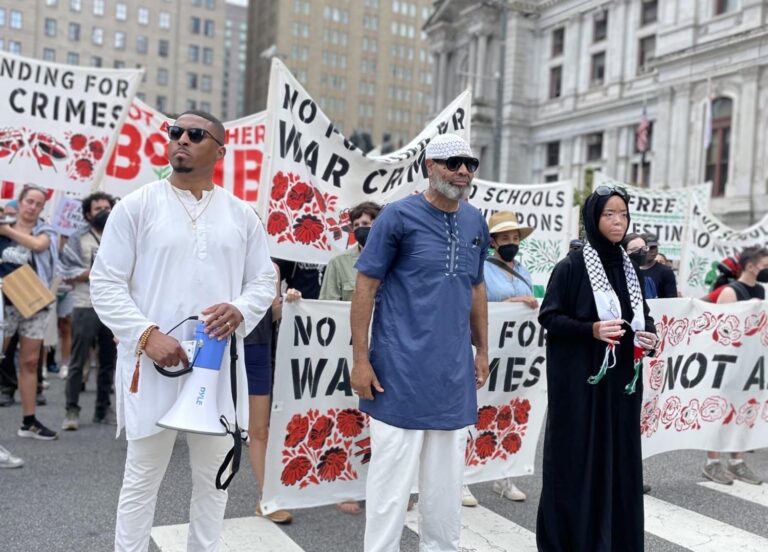The Paradox of Israel’s pursuit of might
by Max Hastings
Forty years ago, I was enraptured by Israel’s courageous sense of mission. For me today, as for many, that idealism has palled.
I first visited Israel in 1969. It was a time when much of the western world was still passionately enthused about the country’s triumph in the 1967 six-day war. President Nasser had for years promised to sweep the Israelis into the sea. Instead, the tiny Jewish state, less than 20 years old, had engaged the armies of three Arab nations, and crushingly defeated them all. The Israelis successively smashed through Nasser’s divisions on the western front, scaled and seized the Golan Heights, and snatched east Jerusalem and the West Bank in the face of Hussein’s highly capable Jordanian army. Sinai was left strewn with the boots of fleeing Egyptians. The Israeli victory was an awesome display of command boldness, operational competence and human endeavour.
There was a euphoria in Israel in those days, which many visitors shared. We watched Jews from all over the world gathering to pray at the Wailing Wall for the first time in almost 2,000 years; Israelis of all ages revelling in the sensation of being able to work the kibbutzim of the north free from Syrian shells. From inhabiting one of the most claustrophobic places in the world, suddenly they found themselves free to roam miles across Sinai on a weekend. The soldiers of the Israeli army, careerists, conscripts and reservists alike, walked 10ft tall – the image of an exulting soldier made it on to the cover of Life magazine. They had shown themselves one of the greatest fighting forces of history, expunging almost at a stroke the memory of Jewish impotence in the face of centuries of persecution, of six million being herded helpless into cattle trucks for the death camps.
In the years that followed, I gazed across the Suez Canal during the artillery bombardments of the 1970 war of attrition with Egypt. I was a correspondent there in October 1973, during the Yom Kippur war. It was an extraordinarily moving spectacle, to behold the people of Israel rallying to meet what they perceived as a threat to their national survival. One morning I stood on the Golan Heights and watched Israeli tanks duelling with the Syrians, amid pillars of smoke and flame. A few nights later I bivouacked in the Sinai passes, talking for hours under the stars to Israeli reservists about their hopes and fears. With a colleague from the Financial Times, having thinly disguised ourselves as Israeli soldiers, we made an illicit night crossing of the Suez canal, to report Ariel Sharon’s stunning encirclement operation which trapped the Egyptian army on the east bank. In those days I loved those people, and boundlessly admired their achievement. I wrote in one of my less temperate dispatches, expressing faith in Israel as a bastion of western civilization in the Middle East: “These last three weeks, I am proud to have shared the Israelis’ camp fires in Sinai. They are a very great people who three weeks ago came closer to destruction than blind Europe seems willing to recognise.” Read more…





